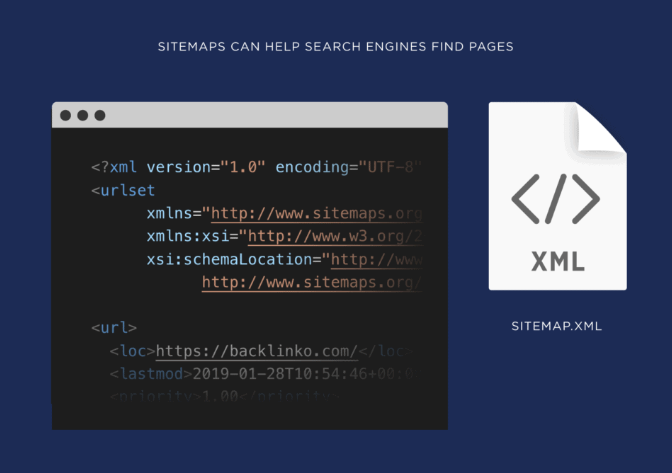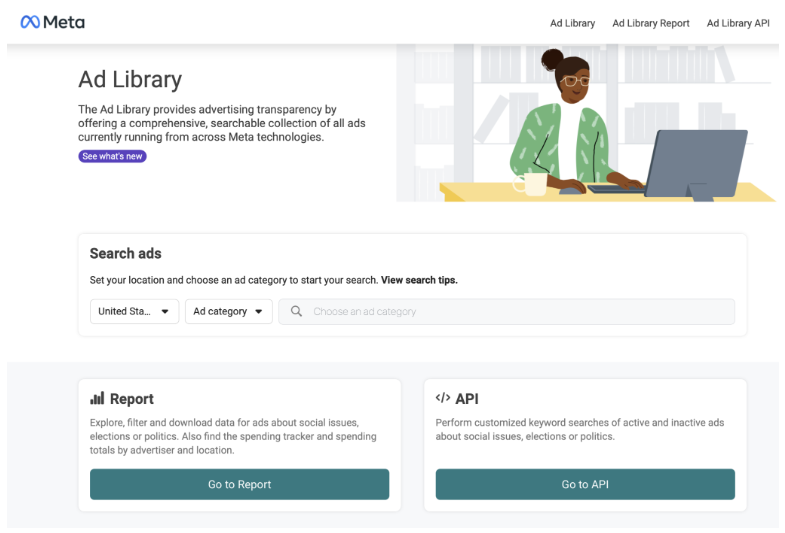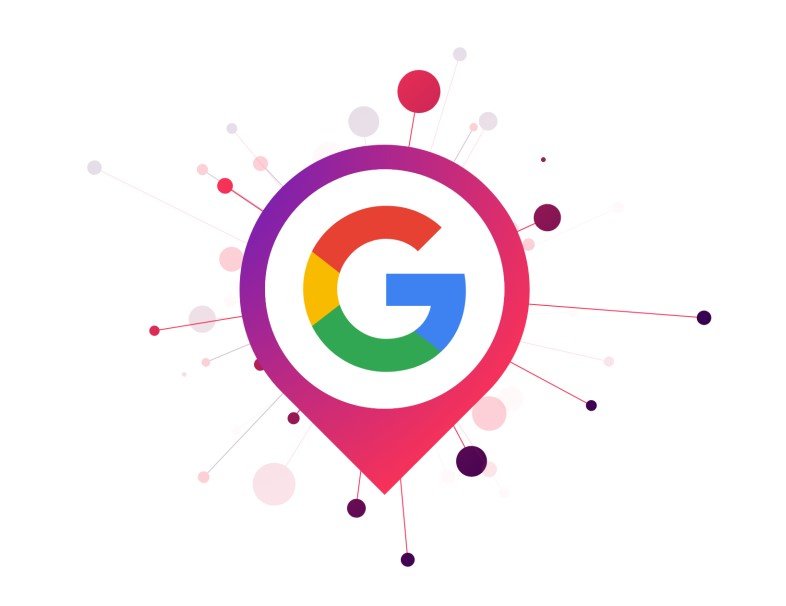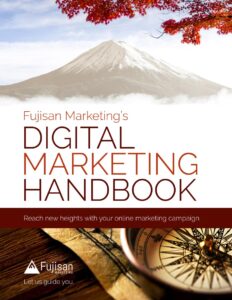Blog
Guidance from our Digital Marketing Experts in Seattle
At its most basic, a sitemap is a file that lists out the URLs to pages of your website. It provides information about your site’s pages and other features, as well as how everything’s related from page to page and file to file. While sitemaps are something that human users can find helpful, they’re more often used by search engines by giving them a pathway to more efficiently crawl your site . During this process, the sitemap provides a, well, “map,” as it were, guiding the search crawler through your site […]
In our current digital environment, many businesses have caught on to the importance of blogs to attract internet users to their sites. One part of this, that some aren’t as in tune with, however, is the next step of promoting the blog itself. A savvy approach to blog promotion will help maximize its reach and ensure all your efforts to write and maintain a blog aren’t in vain. For this article, we’re operating under the assumption that you’ve already optimized your SEO for your blog since that by itself is […]
If your business sells things, you’ve probably familiarized yourself with Google Shopping. This is a campaign type available to advertisers through Performance Max, Google’s new(-ish), more automated ad campaign platform that was rolled out in 2020. With Google Shopping, you can sell products online by having chosen ones appear in searches throughout Google’s realm like search results, YouTube, or Maps. You can also use Shopping to drive in-store purchases if you have a brick-and-mortar store depending on your goals. With that in mind, there are a few tips we like […]
Decision-making biases are something we all innately have, which affect our choices many times throughout the day. As a digital marketer for your business, a huge part of your job is understanding others’ biases. Being able to do so helps you understand their effects on your performance. Today, we’ll discuss decision-making bias specifically in regard to how they impact a landing page. Types of decision-makers One way of clarifying people’s tendencies is by breaking them down into different types of decision-makers. We find a basic but useful rundown in four […]
As we’ve covered recently, universal Google Analytics is going away July 1 of 2023. This means, if you haven’t already begun preparing, you need to do so ASAP. With that in mind as you migrate to the new GA4 that’s replacing it, here are some key metrics we recommend tracking and changes to note in the new platform. (Image Source: roastmylandingpage.com) A reminder of what’s changing When moving to GA4, you’ll immediately notice that the whole interface is new. We empathize with the fact that a changing interface for anything […]
What’s this pillar page of which we speak? A pillar page is a place on your site focused on a primary “pillar” topic. This could be covering a good or service you offer, or be about background information that’s helpful and relevant. No matter the specifics, it acts as an educational tool for users on your site. The pillar page then acts as an information base from which people can access more specific resource pages. Essentially, it’s a central hub that further links to pages on related subtopics. The pillar […]
For businesses that provide a localized service in their community, the aptly-named Local Services Ads are an important aspect of their online advertising. These ads are a specific type shown to users searching for services within their region on Google. This could be home services like roofing and plumbing services, or professional services like local lawyers or bookkeepers. If your business falls under this category, Local Services Ads allow you to show in search results with text and a small graphic of your service. Alongside this, users will see the […]
As a marketer, you’re probably already putting work into search advertising to get your brand in front of eyeballs. What you might not be doing, however, is bidding to put your brand in front of eyes that are already looking for you. It does initially sound kind of silly — if someone already wants to find you for free, why put money towards that? Well, here’s why: Brand keywords and why bidding on them benefits you As the name suggests, brand keywords are just words and names associated with your […]













